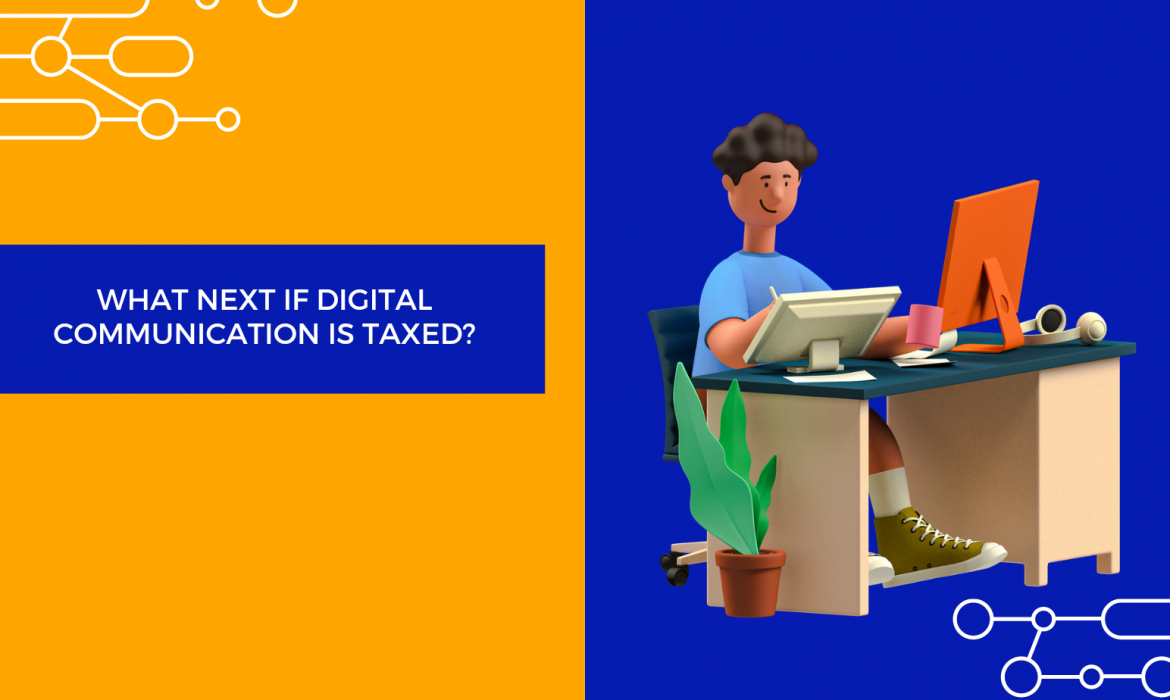It all started in 2018 with the levying of infamous OTT tax, widely known as social media tax, but which our president jokingly referred to as the ‘gossip tax’.
Ugandans were charged 200 shillings every time they wanted to access any of over 50 platforms including Twitter, Facebook and WhatsApp.
Three years later and constant public bickering, the tax was ditched officially because the revenues fell far short of expected targets. Secondly, in the interlude there had been a marked reduction of internet usage.
Instead, in 2021, the government imposed a 12% tax on data purchases which of course, the telecoms passed over to the customers in some very imaginable ways. Mainly by saying, paying a bit more, you get even more data which then raised the question of how exactly and what formula do the telecoms use to price these data bundles?
Ugandans feel hard done by. They pay some of the highest charges in the region and on a wider scale, according to the World Economic Forum, Africans spend 17% of their average income to buy 1GB of mobile data.
Why overly tax something that has become an essential component in communication for everyday life? Besides sparking concern among digital rights activists and individual users, the financial burden limits access and enjoyment of online content. It equally limits the ability to access information and the exchange of ideas. WEF says unaffordable internet is a major contributor to the fact that half the world is unconnected. Lack of connectivity has major negative impacts on a country’s education, health, productivity and growth.
Meanwhile, with the recent announcement by Twitter to charge a ‘slight’ fee for commercial and government users, digital communication is likely to become even more costly. Twitter will remain free for casual users however there are chances of imposing this charge onto the consumers in one way or another.
The business networking website, LinkedIn, in Kenya increased subscription rates after the Kenyan government rolled out the 16% Value Added Tax (VAT) on digital transactions. This was a result of the implementation of the digital tax in January 2022 by the Kenya Regulatory Authority (KRA).
LinkedIn pushed this onto the consumers resulting into a hike of fees for career accounts, sales navigator accounts, and recruiter Lite accounts. Several other tech companies such as Facebook, Digital Ocean, Google have increased their costs to comply with the taxman.
The trend of introducing digital communication taxes is something worth being discussed in greater detail. While governments seek revenue, the obligation to respect, protect and promote freedom of expression should not be ignored in a pursuit for economic gain.
